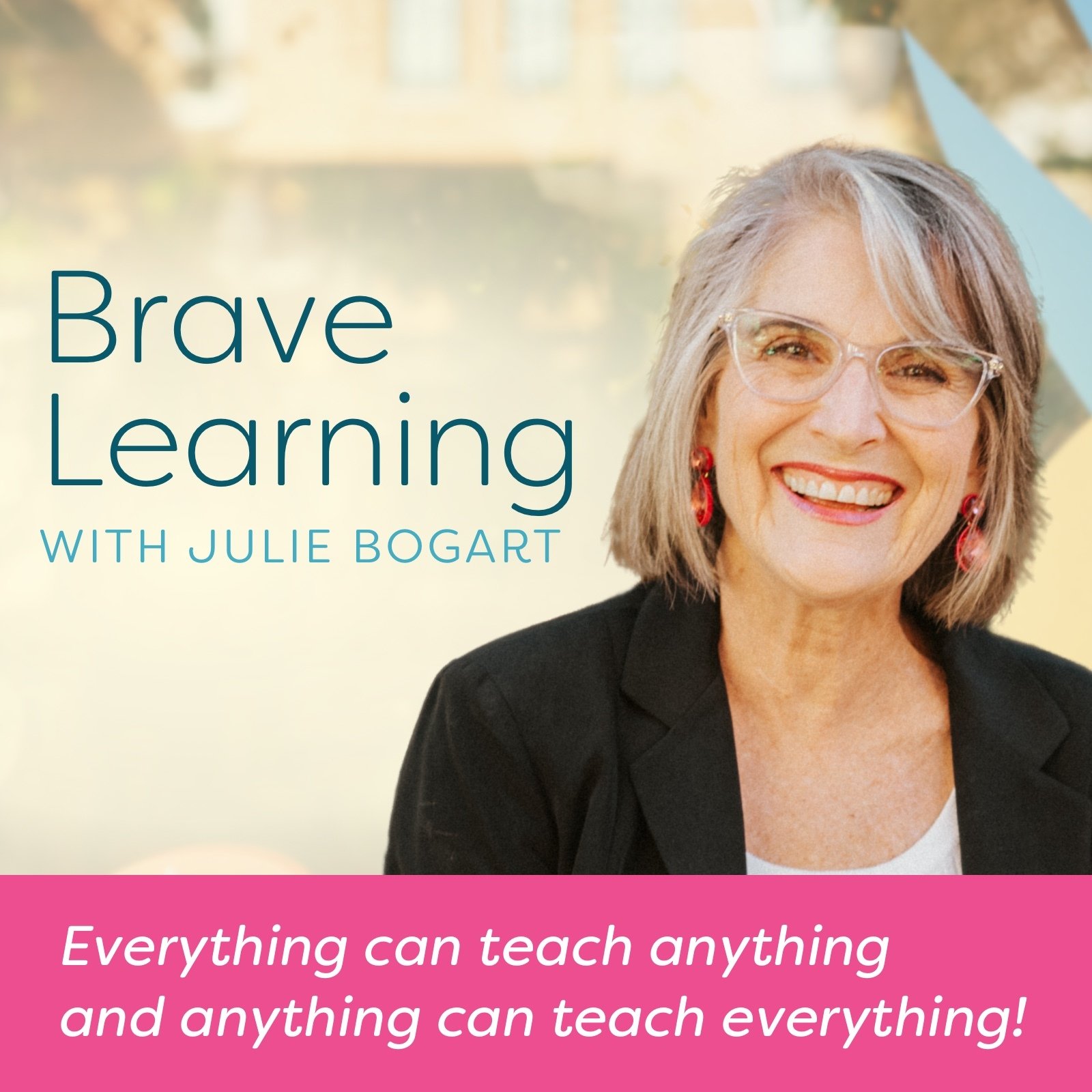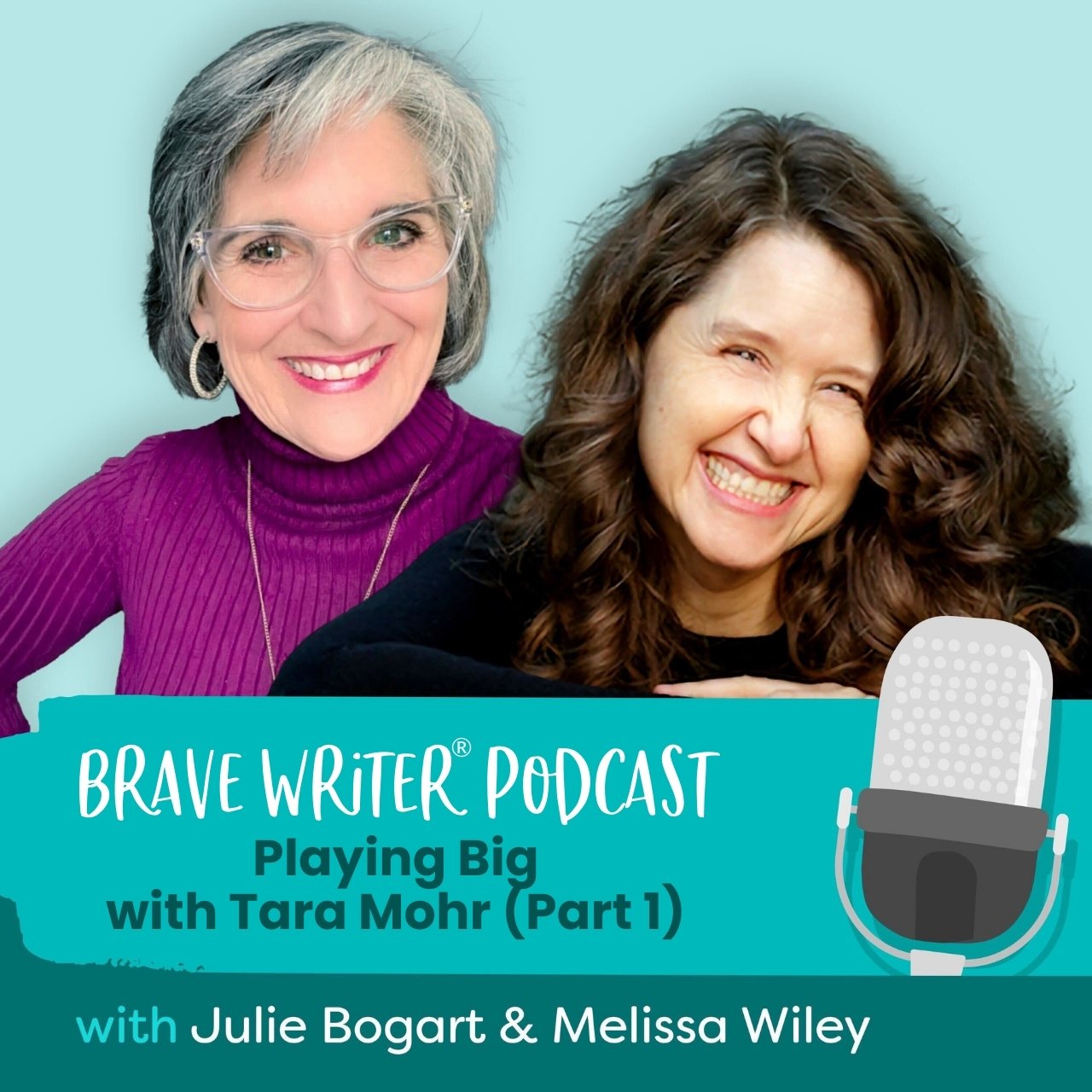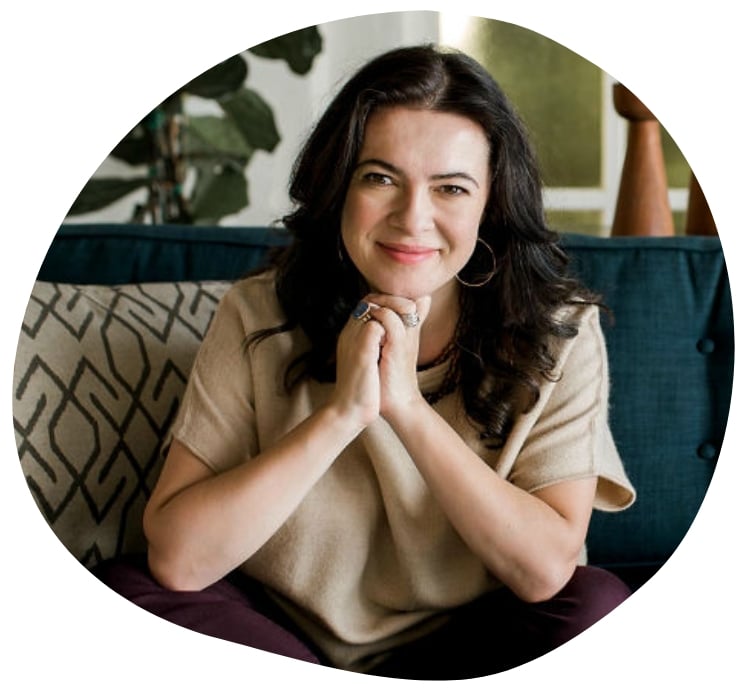
Over the last five years, we did a lot of this growing together through my free newsletter “Tea with Julie.” Since then, my hair got grey and your kids got older!
Today, it feels like time for something new. Substack beckons!
We can do more of what I’d like to do with you—with comment sections plus video and audio. I like the format (reminds me of old school internet where I grew the most as a homeschooler and human person).
Plus my ever-busy brain needs a place to keep writing!
Here’s what you can expect:
- Themed content delivered weekly (parenting, struggles with writing, teaching a specific subject, homeschool planning, managing multiples, dealing with burnout, taking care of your own brain, and more).
- Weekly freewriting prompts for your kids. We’ll encourage you to share their freewrites in the comments so you can get to know how freewriting works for kids besides your own! I can’t wait to read what they write!
- A podcast for your kiddos called Monday Morning Meeting! Five minutes of ideas to help them be revved up to learn. (Paid subscribers only)
Sometimes, we’ll send out public Substacks to everyone because it’s a topic that is better suited to the WHOLE WORLD. But the rest of the time, we’re going to focus on specific aspects of educating, parenting, and adulting—what I call brave learning. Paid subscribers will get to comment and read the entire message, and engage with me and one another.
See you there!

























